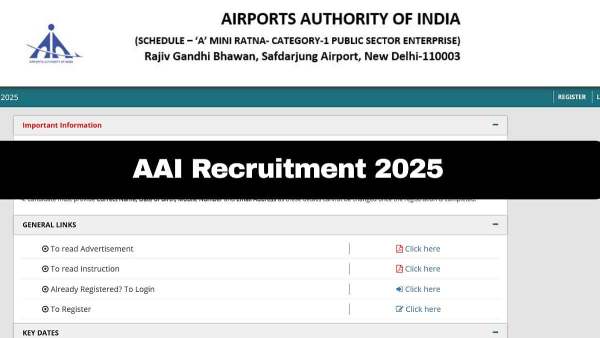
US President Donald Trump’s aggressive tariff push against India—including a proposed 50 per cent duty on Indian goods—signals a strategic move that extends far beyond trade economics, according to former Reserve Bank of India Governor Raghuram Rajan.
Speaking to India Today TV, Rajan described the tariff escalation as an assertion of political and economic dominance.
Tariffs Beyond Trade: Trump’s Broader Agenda
Explaining Trump’s thinking, Rajan noted that the US President has consistently linked trade deficits to perceived unfairness. “I think certainly he believes that a current account deficit, trade deficit is evidence that other countries are taking advantage of the United States rather than sending goods cheaply to the United States, which the US consumer benefits from,” Rajan said.
This conviction, Rajan added, is not new. Trump expressed similar criticism against Japan in the 1980s and continues to see tariffs as a way to “level the playing field.”
But economics isn’t the only motive. According to Rajan, Trump views tariffs as a revenue mechanism. “Therefore it’s a cheap way of getting revenues, which can then help offset some of the tax cuts that he has made,” he pointed out. More significantly, Rajan warned that tariffs are increasingly being used as a geopolitical lever. “It can be a way for the US to essentially use force when it doesn’t want to use its military,” he said.
Why India Faces Harsher Terms
When asked if India was treated more severely than other Asian nations, Rajan was blunt. “It is. I think there’s no true questions about that,” he said.
Initially, India was expected to be grouped with other Asian economies facing duties of around 20 per cent. “Of course, there was a hope that the special Modi-Trump relationship would yield something even better. But at least we would not look worse if that had played out,” Rajan observed.
Instead, India was subjected to a 25 per cent base tariff—much higher than regional peers. Rajan also highlighted the contrast with nations like China, Turkey and the European Union, all of which continue energy trade with Russia without similar penalties. “The fact that the Indian tariffs have been set at 25, the base tariffs, even while other countries are much lower in Asia, makes India disadvantaged,” he said. “So the relationship clearly has broken down.”
Russia Factor: A Convenient Justification?
Was India’s purchase of discounted Russian oil the trigger? Rajan doesn’t think fairness is the issue anymore. “I think we are beyond issues of fairness, sovereignty, etc. We are talking about a situation where it is a power play,” he remarked.
He pointed to US trade adviser Peter Navarro’s sharp critique in the Financial Times as indicative of Washington’s stance. “Navarro would not write in the Financial Times without permission. And he has been permissioned,” Rajan stressed.
For India, the real challenge lies in balancing energy savings with export losses. “After all, there are refiners who are making excess profits. Do they still make those excess profits? Should we take some of those profits and benefit some of the exporters who are being hurt by the fact that they’re buying oil from Russia?” he asked.
“This is about asserting power, not fairness,” Rajan concluded.
-
Linkin Park Is Finally Coming To India. Here’s Everything We Know

-
'It’s Always A Challenge To Create Something New For Salman Khan,' Says Sooraj Barjatya

-
18 Killed As Russia Launches Second-Biggest Air Assault Of Ukraine War On Kyiv: VIDEO

-
‘National Herald Open And Shut Case, No One From Gandhi Family Sent To Jail’: Kejriwal Trains Guns At Congress

-
AAI JE Recruitment 2025: Registration Window For 976 Posts Opens; Check Details Here
